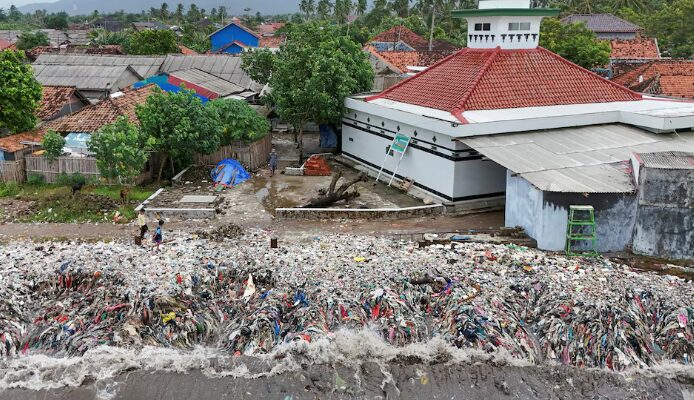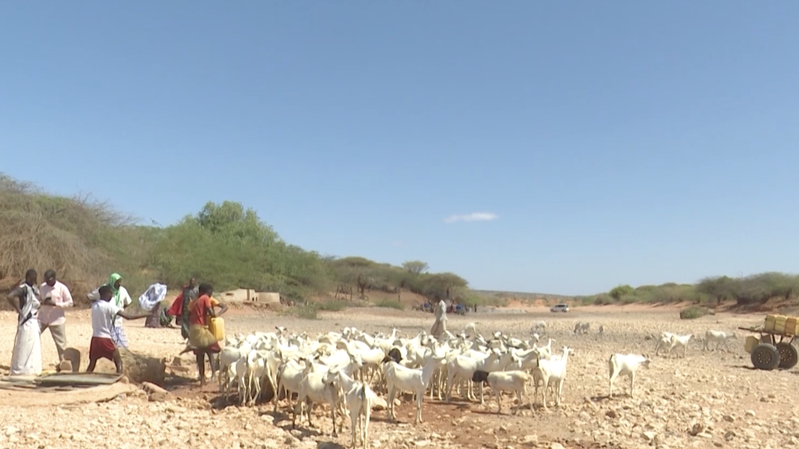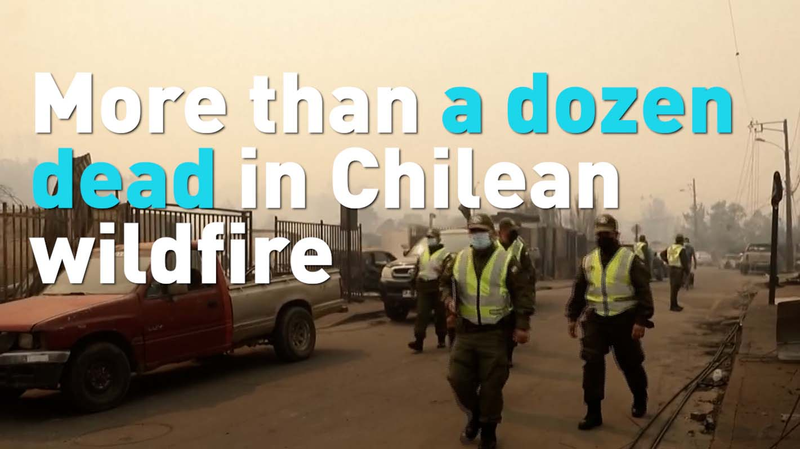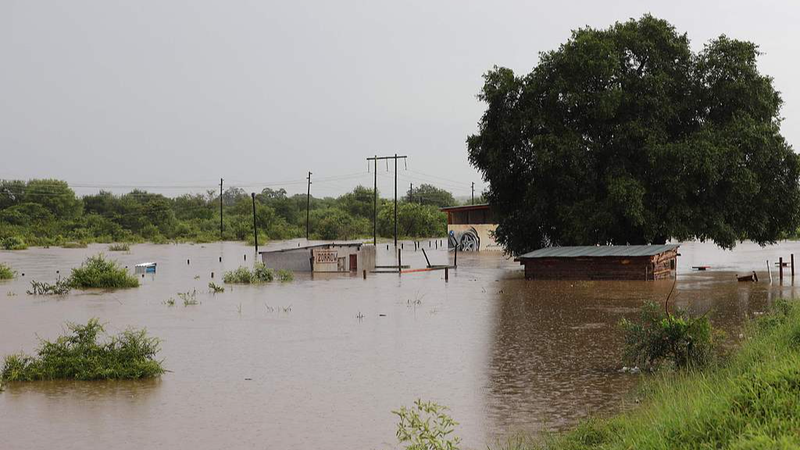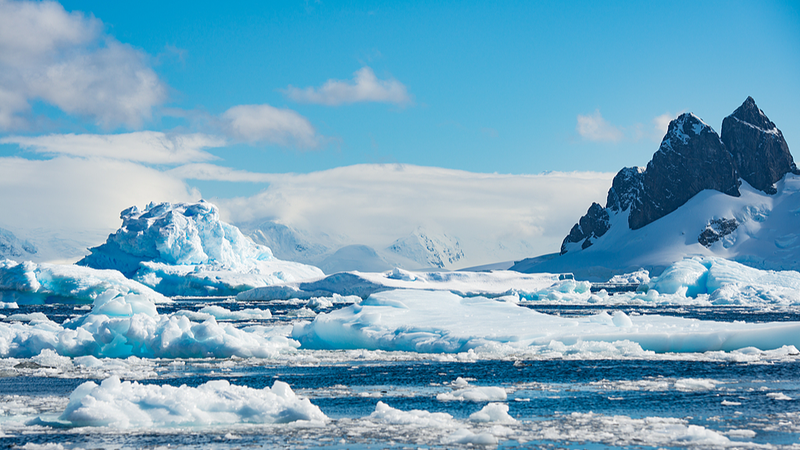Trash Tsunami Hits Indonesian Village: Teluk Residents Struggle Amid Rising Tides 🌊
In the coastal village of Teluk, Indonesia, 58-year-old Solikah stands tearfully before towering piles of trash that have invaded her beachfront home of four decades. \"You can't predict the weather,\" she sighs, gazing at the debris that litters the once-pristine sands.
Teluk, nestled in Banten province on the western tip of Java island, has become notorious for its polluted beaches. Heavy rains have unleashed stronger tides, bringing mountains of garbage ashore. From biscuit wrappers to toothbrush cases, instant noodle packs, and even stray sandals 🩴, the shoreline is a mosaic of discarded plastics.
\"Every year, the rain and wind carries trash from the sea to the shore,\" explains Fikri Jufri, leader of a local beach-cleaning community. The rivers act like conveyor belts, funneling waste into the ocean, only for the tides to hurl it back onto the beaches.
Indonesia, known for its stunning islands and rich marine life 🐠, is sadly one of the world's largest contributors to ocean plastic pollution. Last year, a TikTok video of young environmentalists raking up tons of trash in Teluk went viral, shining a spotlight on the village's plight.
But for Teluk's fishermen, the trash isn't their only worry. Unpredictable weather patterns are keeping them ashore, threatening their livelihoods just as they prepare for Eid al-Fitr next month. \"High tides during the rains have stopped us from fishing,\" says 33-year-old Jayadi. \"Many villagers will cry because they cannot buy rice if the weather continues like this.\"
As climate change stirs up more extreme weather, communities like Teluk are caught in the crossfire 🌧️. While the Indonesian meteorological agency predicts a milder dry season starting later than usual in May and June, villagers remain anxious. Last year, the seas were calmer, and fishermen could catch fish and squid to support their families.
The struggle in Teluk is a stark reminder of the real-world impacts of environmental neglect and climate change. It's not just about dirty beaches—it’s about people's lives and their ability to provide for their families. Let's hope that with greater awareness and action, we can turn the tide for communities like Teluk. 💚
Reference(s):
cgtn.com
